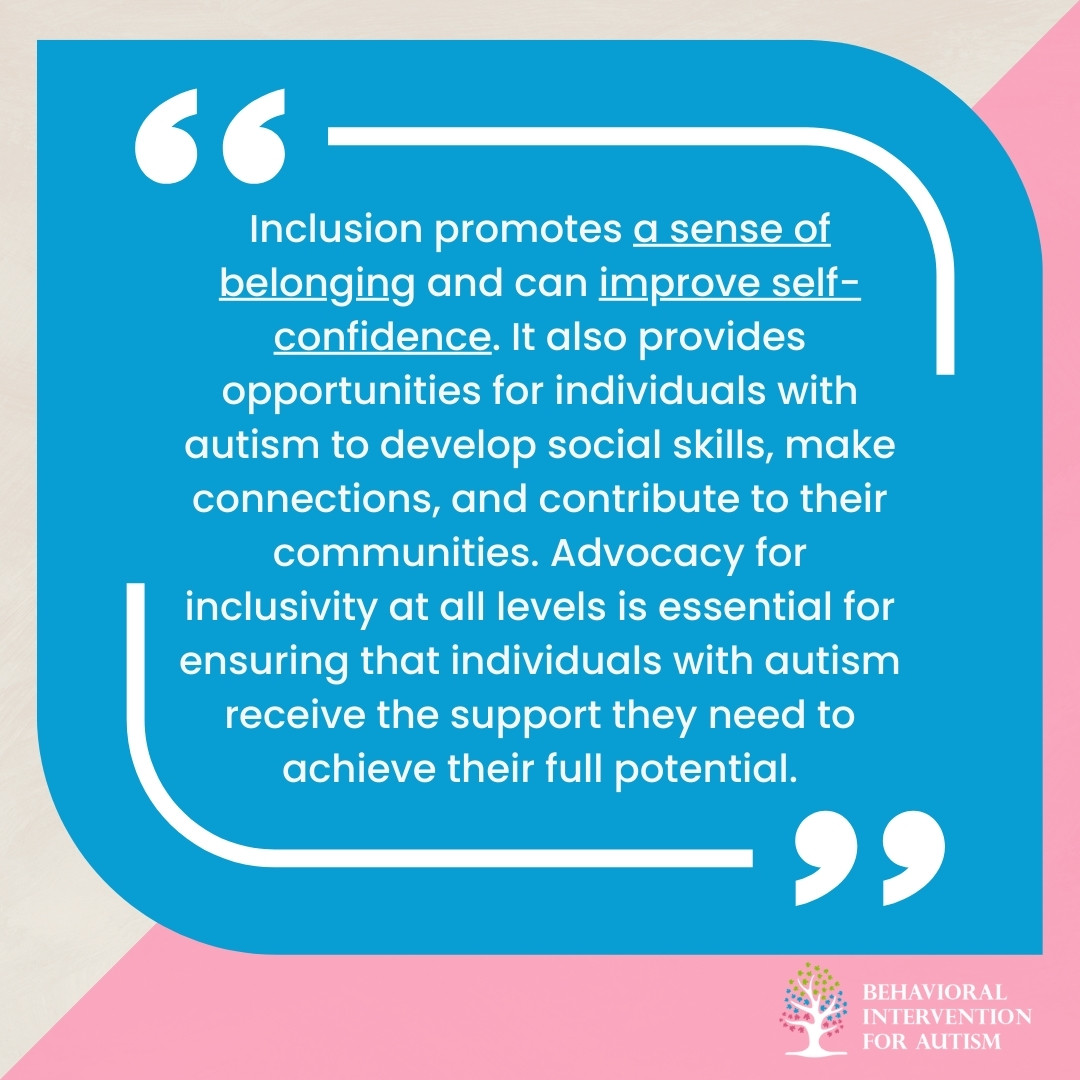
Table of Contents
Autism Spectrum Disorder (ASD) is a developmental disorder that affects communication, social interactions, and behavior. Those living with ASD often face unique mental health challenges that can impact their overall well-being. With the right mental health strategies in place, individuals with ASD can thrive and develop essential coping skills. In this article, we explore various mental health strategies that can significantly improve the quality of life for those with autism spectrum disorder.
Understanding the Connection Between Autism and Mental Health
Autism Spectrum Disorder is not just about developmental delays or social struggles. It is also closely linked to mental health issues. Individuals with ASD are at an increased risk for anxiety, depression, and other mental health disorders. These conditions often stem from the challenges faced in daily life, such as difficulty with communication or social interactions. Identifying these struggles early on can lead to the development of strategies that help individuals manage their mental health and improve their overall quality of life.
The mental health challenges associated with autism are diverse and may vary from person to person. Anxiety is often prevalent, stemming from sensory sensitivities, changes in routine, or difficulties in processing social cues. Depression may also arise due to feelings of isolation or frustration with communication barriers. Understanding these conditions is crucial for creating tailored mental health strategies that are both effective and supportive.
3 Coping Techniques and Emotional Regulation
For individuals with autism, coping with overwhelming emotions can be particularly difficult. Effective emotional regulation is essential for maintaining mental well-being. Here are some coping techniques that can be implemented to help individuals manage stress and anxiety:
1. Sensory Regulation Techniques
Many individuals with ASD experience heightened sensitivity to sensory stimuli, such as loud noises, bright lights, or strong smells. This sensory overload can lead to anxiety and meltdowns. Sensory regulation techniques, such as deep breathing, using noise-canceling headphones, or engaging in calming activities, can help reduce stress and promote emotional stability.
Creating a sensory-friendly environment is one of the most important strategies for individuals with autism. This can involve modifying the environment to reduce sensory overload by dimming lights, using soothing music, or incorporating weighted blankets to provide deep pressure stimulation. These strategies can help the individual feel more comfortable and at ease in their surroundings, which may prevent unnecessary emotional outbursts.
2. Visual Supports and Routines
For individuals with autism, predictability can offer a sense of security and comfort. Creating visual supports, such as schedules, calendars, or picture boards, helps individuals anticipate and prepare for upcoming activities. A well-established routine can also provide structure and reduce anxiety associated with uncertainty or unexpected changes.
When an individual knows what to expect throughout the day, they are less likely to become overwhelmed by surprise events. Visual supports can also be used for emotional regulation by showing the person how to recognize and cope with different emotions. These techniques can help improve self-awareness and emotional control, fostering positive mental health outcomes.
3. Mindfulness and Relaxation Practices
Mindfulness practices, including meditation, yoga, and relaxation exercises, can greatly benefit individuals with autism. Mindfulness helps individuals focus on the present moment, reducing anxiety about past events or future uncertainties. Relaxation techniques such as progressive muscle relaxation (PMR) and deep breathing exercises can help individuals calm their minds and bodies during moments of stress or heightened emotions.
Incorporating these practices into daily routines can offer long-term benefits, helping individuals develop better emotional regulation skills. Some may prefer structured sessions with a therapist, while others may find comfort in self-guided exercises. Regardless of the approach, these techniques can help foster a sense of calm and mental clarity, improving overall mental health.
3 Therapy and Behavioral Interventions
Behavioral interventions and therapies are highly effective in improving mental health for individuals with autism. These strategies are designed to teach coping skills, improve communication, and address problematic behaviors, all of which contribute to better mental health outcomes.
1. Cognitive Behavioral Therapy (CBT)
One of the most popular therapeutic techniques for managing mental health challenges in individuals with autism is Cognitive Behavioral Therapy (CBT). CBT focuses on identifying negative thought patterns and replacing them with more positive, realistic thoughts. For individuals with autism, CBT can be adapted to address the specific challenges they face, such as difficulty understanding social cues or interpreting emotions.
This therapy can help individuals manage anxiety, depression, and other mental health concerns by providing tools to challenge negative thought patterns and improve coping strategies. CBT often includes the use of visual aids, social stories, and role-playing, making it a highly adaptable approach for those with ASD.
2. Applied Behavior Analysis (ABA)
Applied Behavior Analysis (ABA) is a widely used intervention for children and adults with autism. ABA focuses on modifying behavior by reinforcing positive actions and reducing unwanted behaviors. For individuals with autism, ABA techniques can help improve social interactions, communication, and emotional regulation.
ABA therapists work with individuals to develop personalized behavior plans that target specific skills or behaviors. Through repetition and positive reinforcement, individuals with autism can learn how to cope with stressors and improve their social and emotional functioning. ABA can also help individuals build resilience, teaching them how to manage challenging situations effectively.
3. Speech and Language Therapy
Communication challenges are common in individuals with autism, and improving communication skills can significantly enhance mental health. Speech and language therapy focuses on helping individuals with autism develop verbal and non-verbal communication skills. By improving communication, individuals are better able to express their needs, reducing frustration and anxiety.
Speech therapy also supports social skills development, teaching individuals how to engage in conversations, understand body language, and interpret social cues. For many individuals with autism, effective communication is one of the most significant contributors to improved mental health. With speech and language therapy, they can gain the confidence and skills needed to navigate social situations more effectively.
3 Support Systems and Social Inclusion
Mental health challenges in individuals with autism are often compounded by social isolation. A lack of social connection can lead to feelings of loneliness and depression. Building strong support systems and promoting social inclusion is key to fostering better mental health outcomes.
1. Social Skills Training
Social skills training programs are designed to help individuals with autism build the skills needed to interact with others effectively. These programs may involve structured lessons on how to start and maintain conversations, recognize social cues, and understand the emotions of others. By practicing social skills in a safe and supportive environment, individuals can gain the confidence to engage with peers and build meaningful relationships.
Social skills training can also help reduce anxiety in social situations. By providing individuals with the tools they need to navigate social interactions, they can feel more confident and less overwhelmed in group settings.
2. Family and Peer Support
Support from family members, peers, and other loved ones plays a crucial role in improving the mental health of individuals with autism. Families can provide emotional support, encouragement, and understanding, while peers can offer companionship and a sense of belonging.
Building strong social connections and creating a network of support is essential for mental well-being. By surrounding individuals with autism with a community of supportive people, they can experience reduced feelings of isolation and greater self-esteem. Support groups and online communities can also provide valuable resources for individuals and their families, offering advice and shared experiences.
3. Advocating for Inclusivity
Creating inclusive environments is vital for improving mental health outcomes for individuals with autism. Schools, workplaces, and social settings should make accommodations to ensure that individuals with autism feel welcomed and understood. By advocating for inclusivity, we can help reduce stigmas and provide individuals with autism the opportunities they need to thrive.

Mental health strategies for individuals with autism are essential for fostering emotional well-being and improving overall quality of life. By understanding the unique challenges faced by those with autism and implementing tailored strategies such as sensory regulation, therapy, and social support, we can create a more inclusive and supportive environment. These strategies help individuals with autism navigate their emotional and social worlds, enhancing their ability to lead fulfilling lives. Whether through therapeutic interventions, support networks, or personal coping techniques, there are many ways to support individuals with autism in maintaining their mental health and achieving their goals.
Get the Support You Need
Mental health strategies tailored to autism spectrum disorder are vital for fostering emotional well-being and improving daily functioning. Techniques like mindfulness, cognitive-behavioral therapy (CBT), and structured routines can make a significant difference. By addressing individual needs, these strategies help manage anxiety, stress, and other challenges commonly experienced by those on the spectrum. Behavioral Intervention For Autism offers specialized ABA programs in Florida, focusing on personalized interventions that support mental health and emotional growth. Our team is dedicated to creating an environment where individuals feel empowered. If you’re ready to explore how we can support your journey, contact us today!
Sources:
https://vkc.vumc.org/assets/files/resources/mental-health-toolkit.pdf
https://www.mentalhealth.org.uk/explore-mental-health/a-z-topics/autism-and-mental-health
https://www.mind.org.uk/information-support/tips-for-everyday-living/autism-and-mental-health/
- 9 Common Obsessions of Children With Autism You Should Know - February 25, 2025
- What is Neurodiversity? A Guide to Embracing Differences - February 25, 2025
- Understanding Hyperfocus in Autism: What It Means and Why It Happens - February 25, 2025


